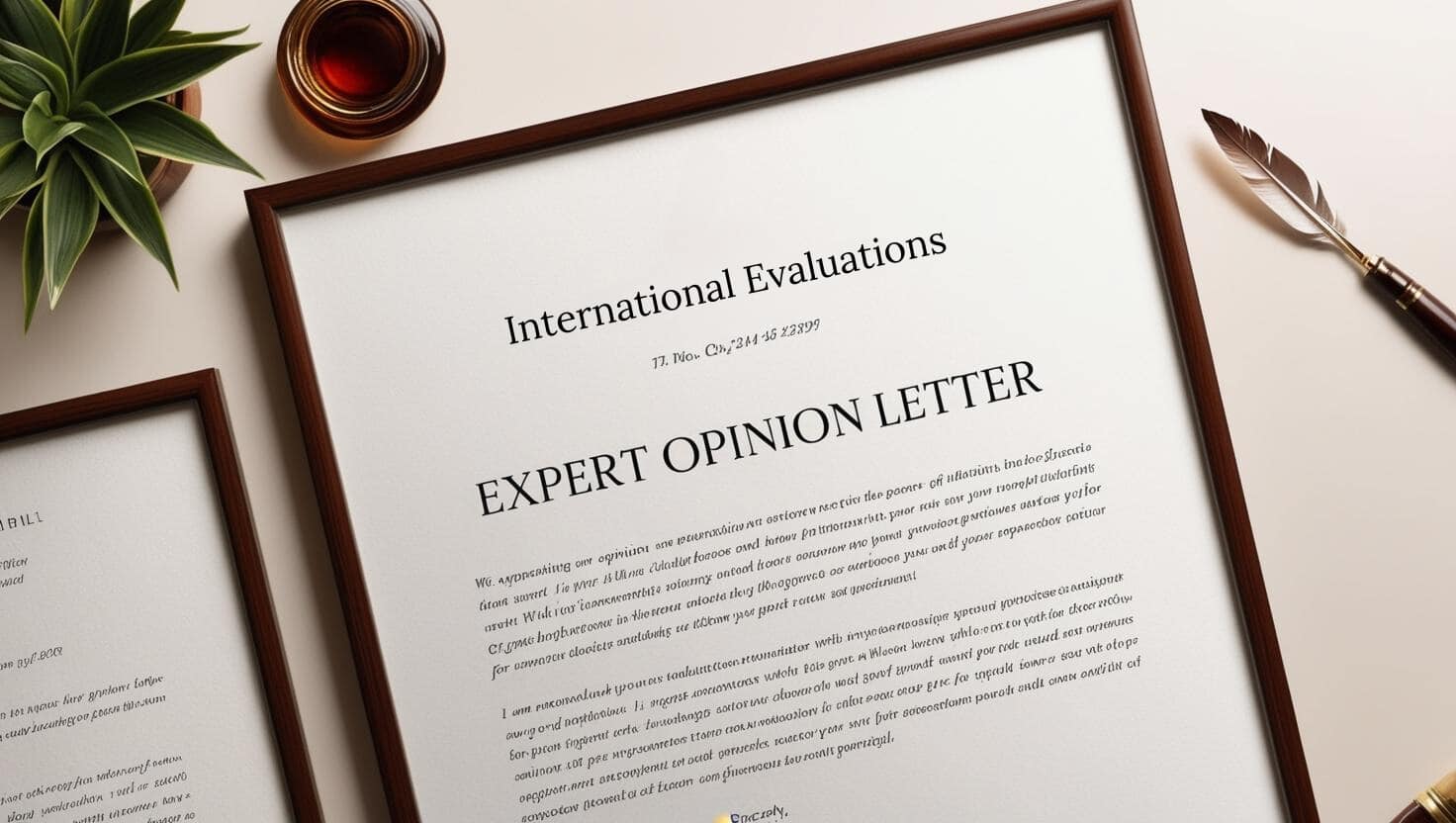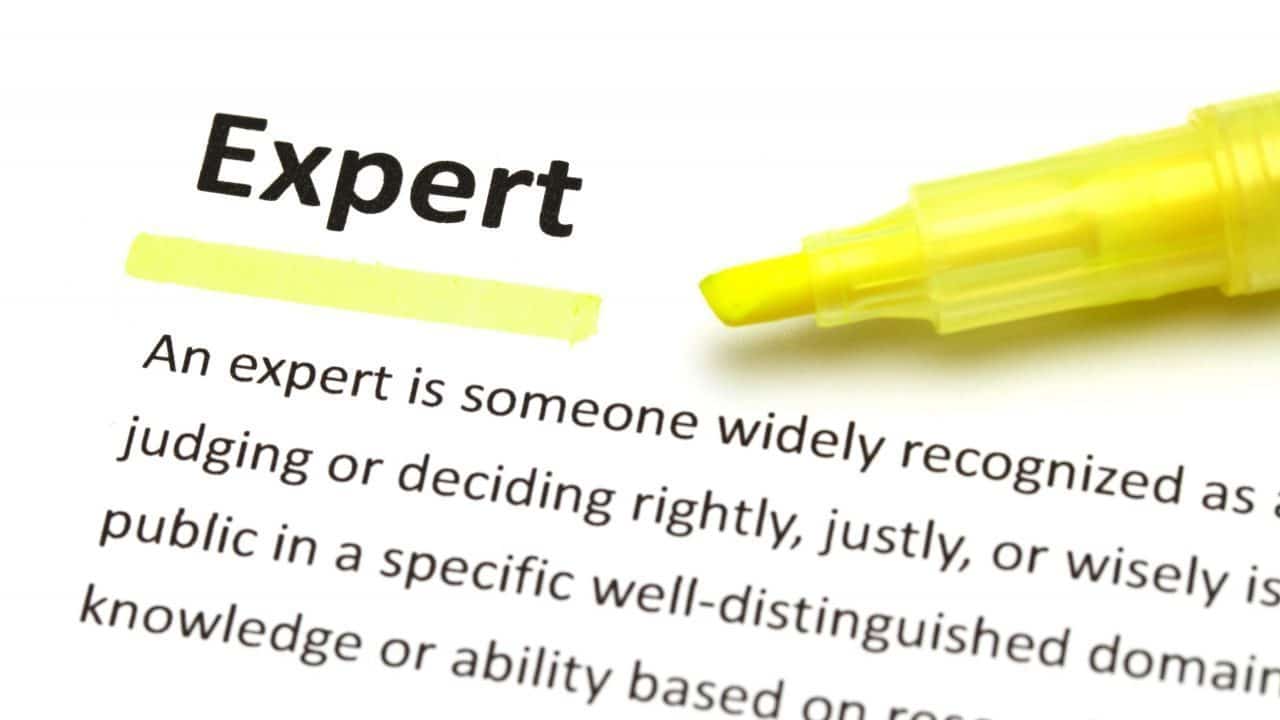Introduction
In today's rapidly progressing market landscape, businesses are continuously seeking innovative strategies to make sure development and success. One of the most vital components in achieving this is a well-structured organization strategy. An extensive assessment of company plans can offer insights that drive choices, take full advantage of resources, and improve overall effectiveness. This article digs deep into various methods for examining business plans, highlighting efficient strategies that foster development and success.
Evaluating Company Strategies: Methods for Development and Success
When we discuss evaluating business plans, it's not almost assessing financial forecasts or functional strategies; it has to do with understanding the underlying capacity of the business itself. Each component of a company plan need to reflect the vision, objective, and goals of the company while aligning with market opportunities.
The Importance of a Solid Business Plan
A solid service plan functions as a roadmap for your company's future. It describes your goals, identifies prospective difficulties, and sets out clear actions to accomplish your objectives. But why is it necessary to have an evaluative approach?
- Clarity: An in-depth assessment assists clarify your company goals. Resource Allocation: It aids in identifying how to designate resources efficiently. Risk Management: Identifying potential threats early allows for proactive measures.
Key Parts of a Company Strategy Evaluation
Evaluating an organization plan effectively includes analyzing several essential parts:
Executive Summary- This section supplies a picture of the whole plan. Is it engaging? Does it plainly communicate your vision?
- Understanding market trends is crucial. What are your target demographics? Who are your competitors?
- How do you intend to draw in customers? Are marketing channels diversified?
- What processes are in place to deliver products/services? Is there room for enhancement in operations?
- Financial health is paramount. Are profits projections practical? Have you considered different scenarios?
- The proficiency of the management team can affect success. Do they have appropriate experience?
Conducting an Academic Credential Evaluation
Understanding certifications can be crucial when assessing management groups or staff members associated with executing the business plan. An academic credential examination ensures that all educational background details is authentic and pertinent.
Why Is Academic Credential Evaluation Important?
- It validates academic achievements. Ensures compliance with market standards.
International Credential Evaluation Services
In today's globalized economy, organizations often encounter employee from diverse instructional backgrounds. International credential assessment services help evaluate these qualifications against regional standards.
Benefits of International Credential Assessment Services
Standardization: Offers clearness on global degrees. Global Skill Acquisition: Draws In skill from around the world. Enhanced Market Competitiveness: Diverse ability cause innovation.Course-by-Course Credential Evaluation
For roles needing particular understanding or skills, course-by-course credential examinations offer comprehensive insights into individual coursework completed by candidates.
Advantages of Course-by-Course Evaluations
- Offers granularity relating to qualifications. Helps match prospects more specifically with task requirements.
Work Experience Evaluation
Beyond academic certifications, work experience plays an important function in examining prospective staff member or partners associated with performing your business strategy.
How to Conduct a Work Experience Evaluation
Assess past roles and responsibilities. Evaluate impact on previous jobs or companies. Look for proof of continuous learning or expert development.Expert Viewpoint Letters as Assessment Tools
Expert viewpoint letters serve as valuable tools throughout examinations by offering third-party insights into particular aspects of business strategy or team competence.

When Should You Utilize Professional Viewpoint Letters?
- When going into brand-new markets that require specialized knowledge. During partnerships where trustworthiness is essential.
Strategies for Effective Organization Strategy Evaluations
Evaluating an organization plan isn't merely an exercise; it's an art form that needs tactical thinking and useful methods customized to specific needs.
1. Utilize SWOT Analysis (Strengths, Weaknesses, Opportunities, Threats)
A SWOT analysis supplies a structured way to examine both internal and external elements affecting your service strategy's feasibility.
How To Conduct A SWOT Analysis:
- Identify strengths such as unique selling propositions (USPs). Recognize weaknesses like moneying spaces or operational constraints. Explore chances consisting of market patterns that line up with your offerings. Assess risks positioned by rivals or financial downturns.
2. Engage Stakeholders Early On
Get feedback from crucial stakeholders throughout the assessment procedure instead of just at the end.
Why Engage Stakeholders?
- They deal diverse point of views that might highlight blind spots in your preparation process. Engaging them fosters buy-in from those who will be accountable for application later on on.
3. Benchmark Versus Industry Standards
Comparing your organization strategy versus market criteria can https://ricardofckb181.iamarrows.com/ensuring-fairness-and-accuracy-in-academic-credential-evaluations-internationally expose locations needing improvement or innovation.

How To Standard Efficiently:
Identify respectable sources within your market (reports, case research studies). Gather data on financial metrics like earnings margins or client acquisition costs. Compare these figures against your projections to identify discrepancies.Frequently Asked Questions (Frequently asked questions)
1. What function does an academic credential evaluation play in examining service plans?
Academic credential assessments verify academic credentials which contribute substantially to examining whether staff member possess the essential expertise needed to execute the business strategy effectively.
2. How do worldwide credential examination services effect working with decisions?
These services assist companies understand foreign credentials much better, guaranteeing they make informed employing choices based upon certified people instead of possibly deceptive representations of education and experience from abroad.
3. What is involved in course-by-course credential evaluation?
This kind of examination dissects each course taken by a candidate during their studies into in-depth assessments relating specifically to content significance versus what might be expected locally within similar fields or disciplines.
4. Why is work experience evaluation essential when evaluating a team's capabilities?
Work experience examinations permit organizations to gauge practical abilities obtained in time-- skills that typically go beyond formal education but are important for carrying out strategic initiatives described within any provided company plan successfully!
5. How does obtaining professional viewpoint letters enhance my evaluations?
These letters provide reliable insights which add reliability; they can direct decision-making procedures regarding collaborations with other entities needing confirmation about competencies outside normal documents channels!
6. What typical mistakes should I avoid during my evaluations?
Common risks include failing to critically evaluate monetary projections realistically, neglecting stakeholder input throughout testing phases-- and overlooking market research altogether leading towards uninformed presumptions about future successes!
Conclusion
In essence, examining company plans through numerous lenses-- academic credentials, worldwide requirements, functional execution-- is vital for making sure long-lasting practicality and growth capacity within competitive landscapes today! By employing robust techniques such as stakeholder engagement alongside professional insights gained through comprehensive analyses-- we empower ourselves not only toward notified decision-making however toward sustainable success too!
With cautious factor to consider positioned upon all facets gone over here-- from foundational elements like clear goals aligned across departments right down into tactical evaluations surrounding people-based possessions-- business leaders can confidently browse pathways leading towards withstanding success!
By adopting these insightful methods tailored around effective examinations paired with continuous modifications reflective upon changing environments-- companies will undoubtedly place themselves more favorably amid ever-fluctuating situations ahead!